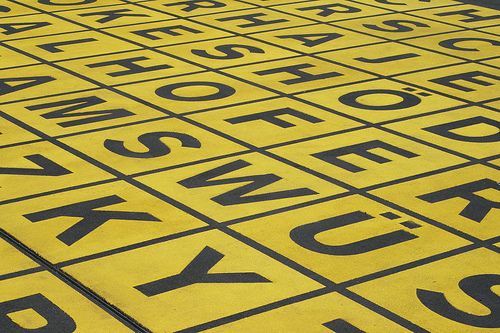Slackers Better at “Fun” Activities
The researchers first screened participants of comparable academic ability, categorizing them as interested in achievement or interested in fun. They then had the students look at a computer screen that flashed words related to high achievement (for instance, “win,” “excel” and “master”). In subsequent tests of ability such as a word-search puzzle, the participants who were interested in achievement performed significantly better than did those who were not.
That experiment confirmed conventional assumptions, but the next one had a confounding outcome. Participants were again primed with high-achievement words and asked to complete a word-search puzzle. But instead of describing the task as a serious test of verbal proficiency as before, the researchers called it “fun.” The results of that simple semantic change were profound: not only did the supposed slackers perform better on the task this time around, their scores actually surpassed those of the high-achievement crowd.


No comments:
Post a Comment